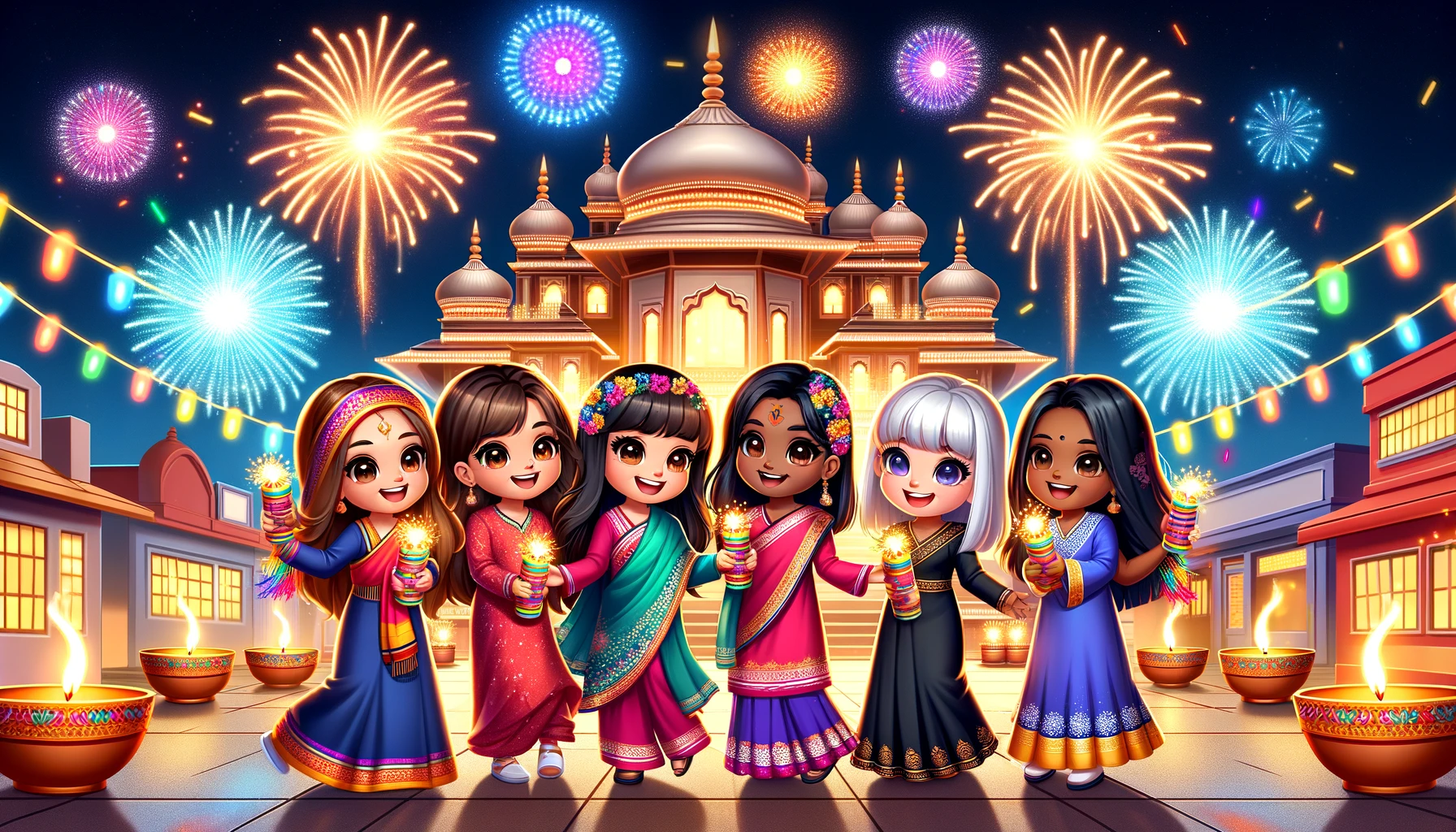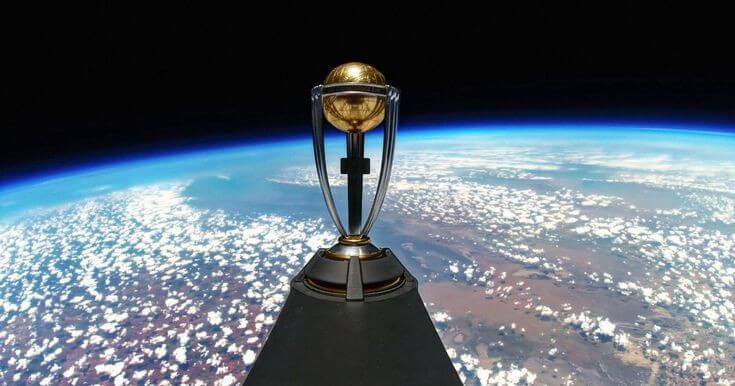
Diwali, also known as Deepavali, is a major Hindu festival celebrated with great enthusiasm across India and in various parts of the world. This festival, often referred to as the “Festival of Lights,” embodies the triumph of light over darkness and good over evil. Diwali is celebrated for various reasons, each carrying its unique cultural and spiritual significance.The festival’s roots are steeped in Hindu mythology, with several legends associated with it. One popular belief is that Diwali marks the return of Lord Rama, his wife Sita, and his brother Lakshmana to Ayodhya after a 14-year exile and a victory over the demon king Ravana. The people of Ayodhya, overjoyed by their return, lit thousands of earthen lamps (diyas) to celebrate their arrival and the victory of good over evil. This event laid the foundation for the tradition of lighting lamps during Diwali.Another legend relates to the Goddess Lakshmi, the deity of wealth and prosperity. It is believed that on the night of Diwali, she visits homes to bestow blessings. Therefore, Hindus clean and decorate their homes with lights and rangoli (colorful patterns made on the floor) to welcome her. The lighting of lamps symbolizes the removal of spiritual darkness and the ushering in of knowledge and enlightenment.Apart from these myths, Diwali is also celebrated as a harvest festival in many parts of India, marking the end of the harvest season and the onset of winter. Farmers give thanks for the year’s bounty and pray for a good harvest in the coming year.The use of firecrackers is another significant aspect of Diwali celebrations. The bursting of crackers symbolizes joy and is a way to express gratitude to the heavens for health, wealth, knowledge, peace, and prosperity. It’s also believed that the sounds of firecrackers drive away evil spirits. However, in recent years, there has been a growing awareness about the environmental and health impacts of firecrackers, leading to a shift towards more eco-friendly ways of celebrating the festival.Diwali is also a time for family gatherings, where people dress in new clothes, exchange gifts, and prepare festive meals. Sweets and savory dishes are shared with family, friends, and neighbors. It’s a time of bonding, where old grudges are forgiven, and new friendships are formed.In essence, Diwali is a celebration that transcends religion and culture, symbolizing the universal aspiration of mankind for light, knowledge, and goodness. It teaches the values of unity, brotherhood, and compassion, reminding us to light a lamp of love in our hearts and to drive away the shadows of hatred and enmity. This festival of lights thus serves as a beacon of hope and a reminder that ultimately, good will always triumph over evil.


